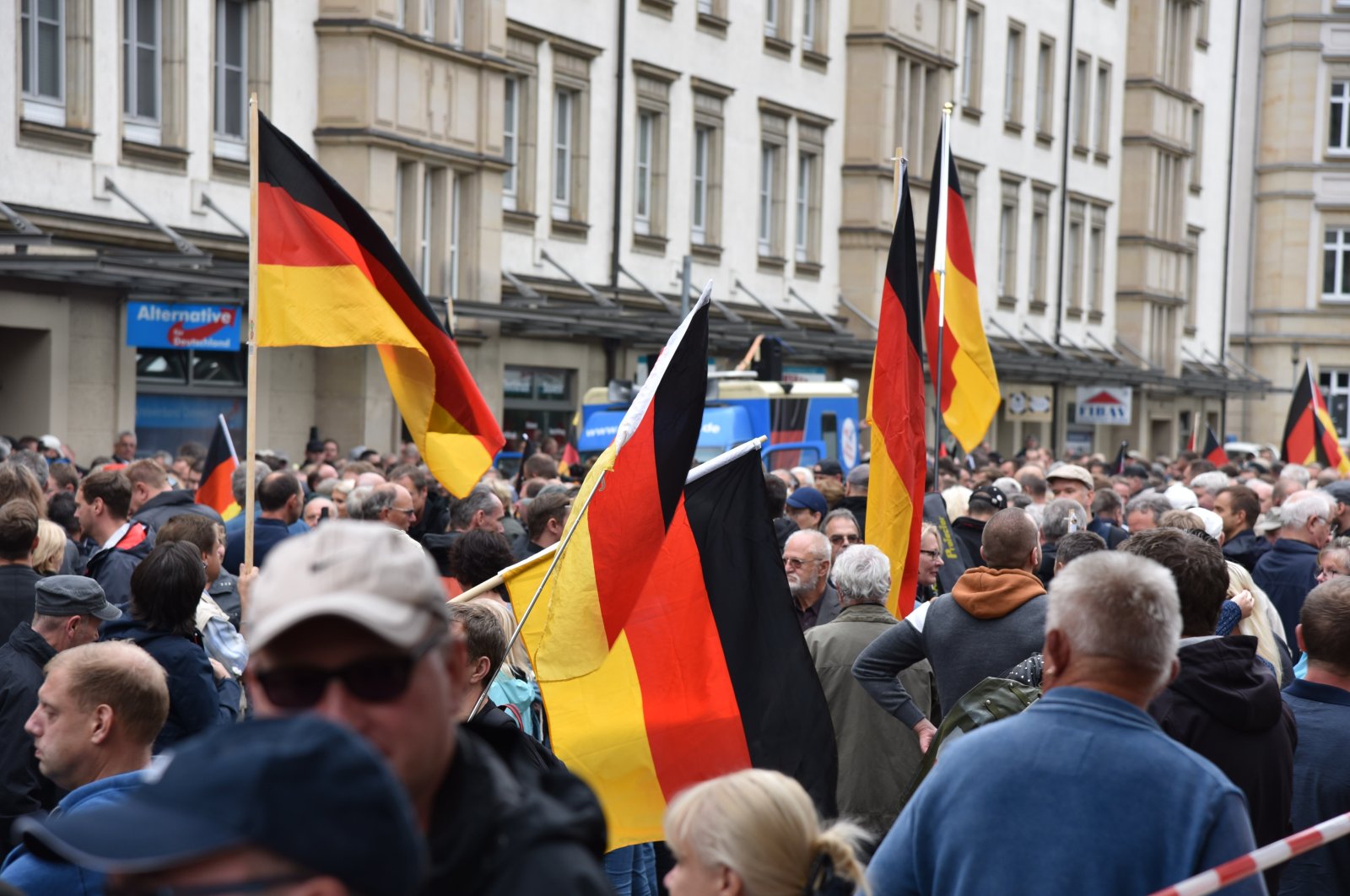
A recent study conducted by a university in Germany revealed that around one-third of the people in the country share populist far-right views.
The representative study revealed that conspiracy theories and far-right narratives were endorsed by the larger groups in society.
Some "7% of Germans have a very strong attachment to right-wing populism, and 11% of them have a strong attachment," said Frank Brettschneider, a professor of political science at the University of Hohenheim.
"Overall, nearly one-third of Germans have a right-wing populist worldview in the broader sense," he said, summarizing the main findings of his study.
The research team interviewed over 4,000 people in July, a representative group reflecting the demographic composition of the German population.
Some 26% of those surveyed said that they believe Germany is controlled by "secret powers," while 16% said the country is now "more like a dictatorship than a democracy."
Some 45% of those surveyed agreed with the statement that "democratic parties are talking down everything but not solving any problems."
Distrust toward the democratic system was higher among the population living in the former communist East Germany.
About 32% of respondents in eastern German states said they believe that "democracy more often leads to bad compromises rather than good decisions." In the Western states, 25% of respondents agreed with this statement.
The survey also revealed prejudice and negative views against immigrants and Muslims.
Some 31% of Germans said they fear that the country is being "infiltrated by Islam," while 18% of respondents said they partly agree with the statement.
About 47% of those surveyed argued that it became impossible "to say anything bad about foreigners" in Germany "without being considered a racist."
The far-right Alternative for Germany (AfD) party hit an all-time-high approval rating of 22% in the country, according to the latest election polls run by Insa polling institute for the Bild am Sonntag newspaper last month.
Germany has been rocked by a series of deadly far-right killings in recent years. Among them is the murder of a regional politician by a suspected neo-Nazi; an attack on a synagogue in the east German city of Halle and the fatal shooting of nine people with migrant backgrounds in the south German city of Hanau.
